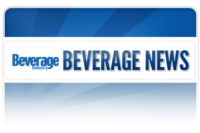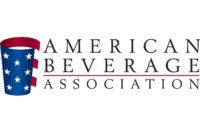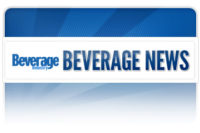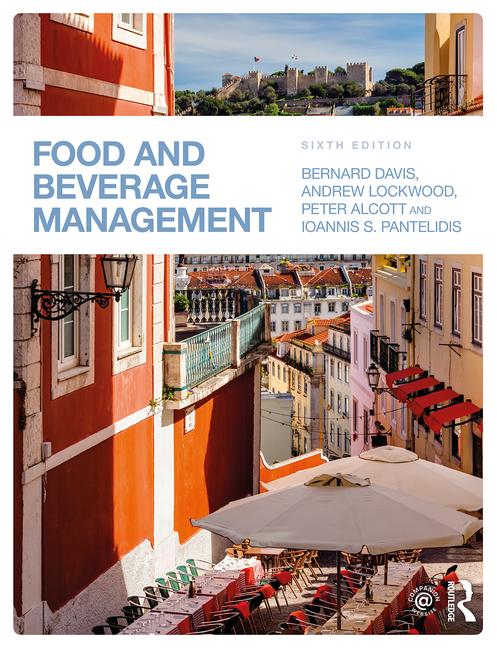In celebration of Earth Day on April 22, the American Beverage Association (ABA), Washington, D.C., highlighted the environmental initiatives of the U.S. non-alcohol beverage industry that it supports.
"Our industry cares deeply about its impact on the environment, and the collective efforts of our member companies reflect the priority and longstanding commitment it has to protecting and preserving it," said ABA President and Chief Executive Officer Susan Neely in a statement. "Through state-of-the-art innovation, our member companies are leading the way on best practices that help ensure the long-term health of our planet."
The following are some of the industry’s initiatives:
- Cutting down on energy and materials usage by making product packaging lighter and reusing transportation packaging;
- Reducing water usage by incorporating state-of-the-art wastewater treatment plants and reusing process water from manufacturing and distribution facilities;
- Minimizing energy usage and fleet emissions by employing hybrid trucks and relying on highly efficient, centralized production and distribution systems for products;
- Using “green” technology, such as solar roofing, at bottling plants; and
- Saving energy usage through high-efficiency refrigeration technology.
The association also noted that its member companies produce 100 percent recyclable packaging that is among the most recycled consumer products in the world. One of the most visible ways the non-alcohol beverage industry leads on environmental sustainability is through its effort to recover that packaging through at-home and on-the-go recycling programs, it explains. At the same time, the industry has a strong record of supporting local public policy to implement or expand recycling systems that address all recyclables, it says.
Recognizing that many towns and cities have different environmental priorities, the industry has worked as a partner on a range of initiatives. For instance, partnering with the Massachusetts Department of Environmental Protection, ABA is providing technical assistance to local communities in the state to help them implement a Pay-As-You-Throw (PAYT) waste system. This program currently is underway and is expected to be completed early next year. PAYT offers an immediate and significant incentive to households that reduce trash and increase recycling by charging residents a fee for each unit of waste they discard instead of a fixed fee per household.
In Florida, the ABA launched a new effort in Palm Beach County to help residents and visitors recycle empty beverage containers while away from home by placing nearly 130 recycling bins in key locations, including parks, boardwalks, sports fields and beaches. This effort reduced public space litter by 75 percent and resulted in significantly increased recycling rates, it says.
In Tennessee, the ABA funded the delivery of 20,000 recycling carts to Knoxville residences that received weekly curbside pick-up in conjunction with garbage pick-up at no additional charge. This initiative increased recycling participation to 85 percent, which is a 60 percent increase.
Additionally, working with elected officials in Hartford, Conn., the industry helped lead an effort that resulted in the implementation of a city-wide, single-stream recycling program. Research compiled by the Connecticut Resource Recovery Authority shows that this initiative has seen six consecutive years of increased recycling. The most recent available data notes that nearly 92,000 tons were recycled in 2012, doubling recycling rates and saving more than $6 million in trash fees.
For more information on the beverage industry's environmental leadership, visit www.ameribev.org.







